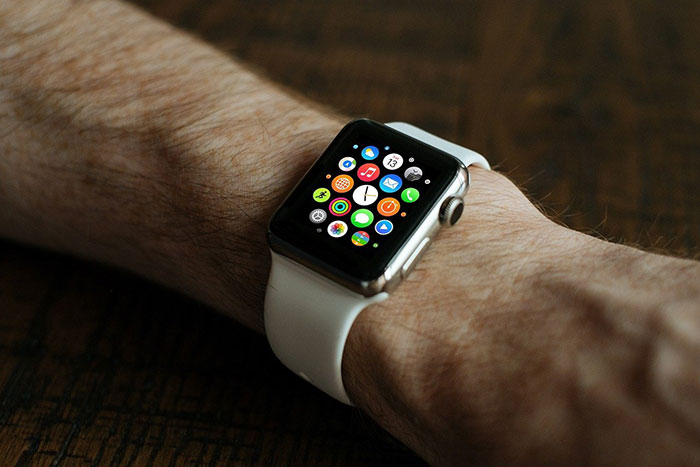People who have reoccurring episodes of nightmares due to post-traumatic stress disorder can breathe a sigh of relief as the U.S. Food and Drug Administration (FDA) has granted approval for a device that could help them sleep well at night.
The FDA approved the sale of NightWare, an Apple Watch app that helps treat PSTD-related nightmares. The app uses smartwatch motion sensors to monitor body movement and heart rate data to detect when one is having a nightmare. It vibrates the watch in response, just enough to arouse but not wake you, interrupting any bad dream and nightmare you may be having.
The NightWare app is not be used by the user as a standalone treatment for PSTD-related nightmare, but it is to be used under the supervision of a healthcare professional. PSTD patients will require a prescription to use the app, making the app exclusive to certain persons.
It is recommended that those who sleepwalk or get aggressive during their nightmares should not use the watch. Should a patient experience daytime sleepiness, it is expected a call should be put across to a doctor immediately. Additionally, patients are expected to call a doctor if the nightmares continue or are rouse from sleep by the app when they’re not having nightmares, Engadget reveals.
Patients should wear the Apple Watch with the NightWare app before going to sleep every night. They are prevented from using the app when they are engaged in daytime activities such as watching the television, reading while in bed, as these activities could provide false alarms.
The watch should also not be worn too tightly. If users experience irritations on their hands, usage should be discontinued forthwith.
Before arriving at approval, the FDA said the device was put to the test in a 30-day, randomized, sham-controlled trial involving 70 patients. Sham therapy is a treatment with no known therapeutic effects. It is often utilized in clinical settings to determine if an invention will be better than simply doing nothing. The sham therapy trial proved that the potential benefits surpassed the probable risks.
The Apple Watch has won commendation from experts in the medical field who praise the device’s life-saving features, such as the ability to measure and monitor the heart rate of users. It informed users when their heart rate was too low or too high, allowing them to seek medical intervention quickly.
Last year, Apple added an electrocardiogram (EKG) as part of the features of the fifth series smartwatch. The added feature can monitor a user’s heart rate for abnormal rhythms, which could be a sign of Atrial fibrillation (AFib). AFib can lead to heart attack, stroke, or blood clot.
Source: phonearena.com









